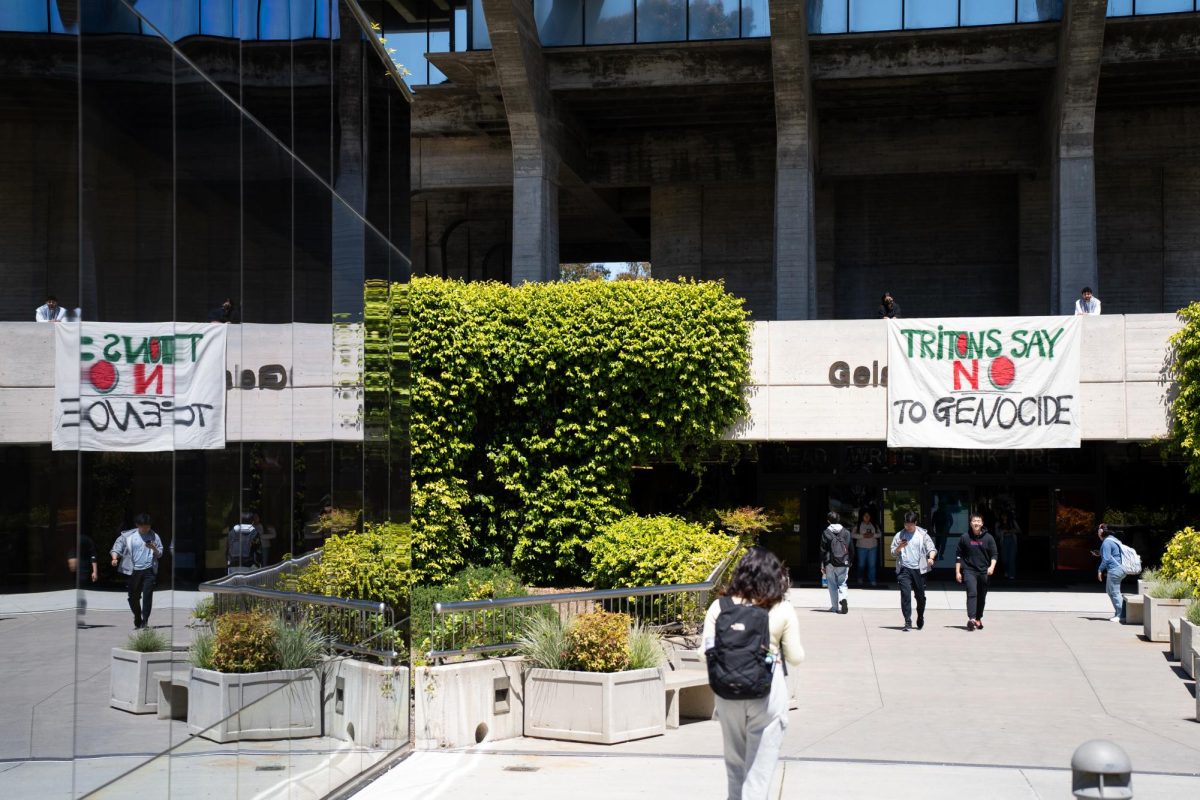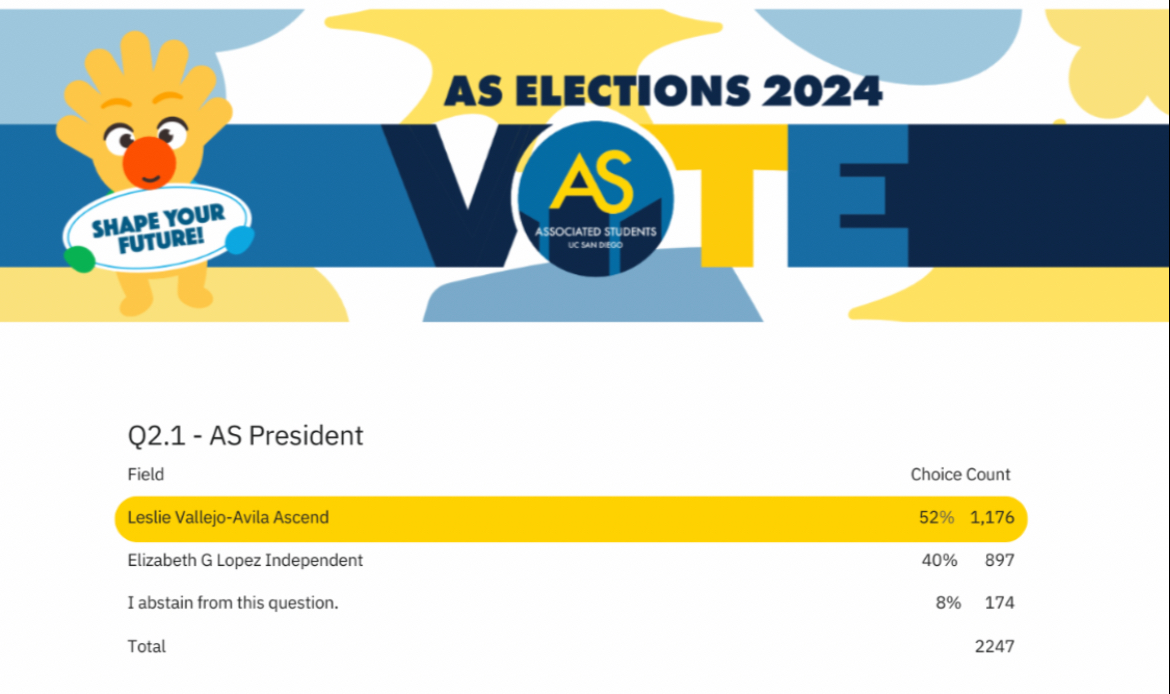Medical students around the world are thanking Michael Fujinaka, a student at the UCSD Medical School, for adding the iMurmur to the growing list of iPhone applications being used to facilitate quicker, easier student life.
Launched in June 2009, the iMurmur is an iPhone and iTouch application that allows medical students to compare the sound of a normal heartbeat to the sounds of 21 different types of heart murmurs or irregularities in a one’s heartbeat.
Each type of heart murmur has a distinct sound; iMurmur provides clips of the most common types. The ability to distinguish a normal heartbeat from an irregular one is a skill that most medical students don’t learn until their third year of medical school.
Fujinaka, who said he believes that students should be able to practice listening to murmurs earlier, developed iMurmur in his first year at the UCSD School of Medicine.
“Almost every one of the 17,000 new first-year medical students purchase a stethoscope, and most will not receive enough training with it before they begin their third and fourth years of medical school,” Fujinaka said. “This is when medical students are in the hospitals and clinics full-time, learning by practicing on patients.”
Shortly after iMurmer was released, Thinklabs Medical — an electronic stethoscope company — purchased the rights to the application. Thinklabs CEO Clive Smith said iMurmur is a convenient tool for students using stethoscopes.
“The art of physical diagnosis is challenging for medical students,” Smith said. “[The iMurmur is] an educational tool that’s in a medium well understood by this generation of students.”
Fujinaka said he can recall a doctor telling him that less than 20 years ago, medical students had to gather around one huge machine and use headphones to listen to heartbeats. The system has since been replaced by pocketsized machines — and, now, iMurmur.
The application is available for $2.99 in the Apple App Store under the “Skill Development” category. Since its release, iMurmur has become the second most purchased medical application.
Fujinaka said he is developing a new application to be released within the month, but is keeping all information about the latest release confidential because it is still being developed.
Readers can contact Victoria Banuelos at [email protected].







